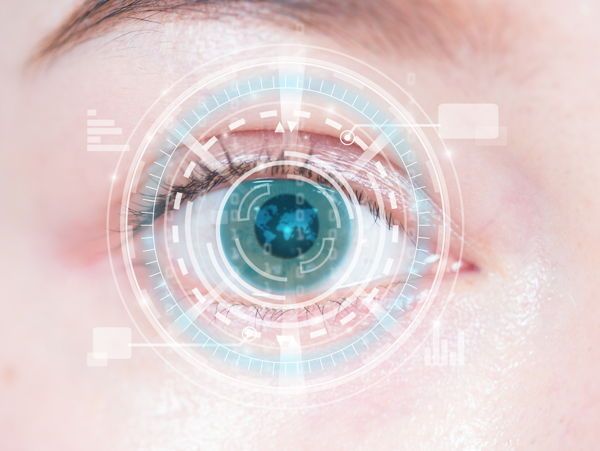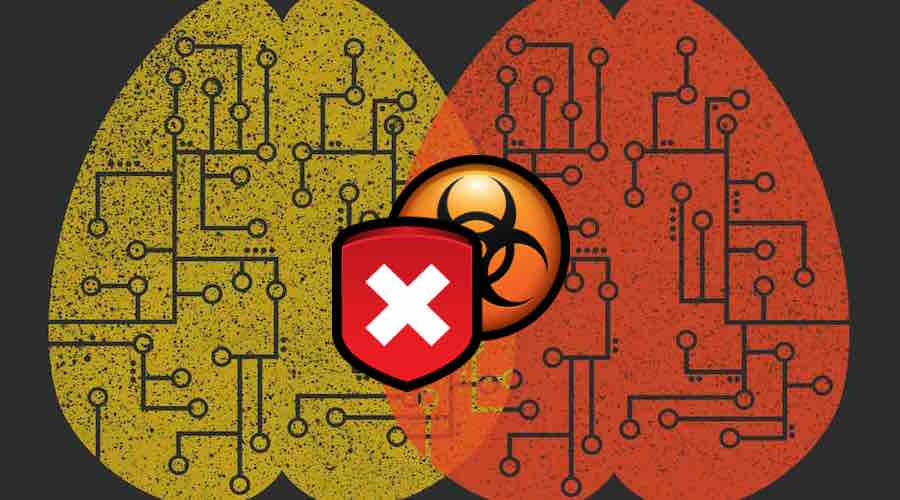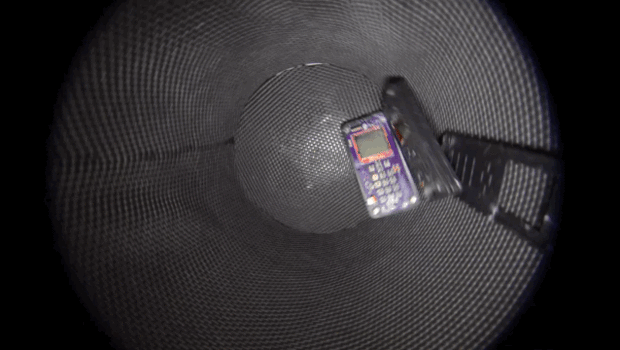Researchers at Queen’s University Belfast and ETH Zurich, Switzerland, have created a new theoretical framework which could help physicists and device engineers design better optoelectronics, leading to less heat generation and power consumption in electronic devices which source, detect, and control light.
Speaking about the research, which enables scientists and engineers to quantify how transparent a 2D material is to an electrostatic field, Dr Elton Santos from the Atomistic Simulation Research Centre at Queen’s, said: “In our paper we have developed a theoretical framework that predicts and quantifies the degree of ‘transparency’ up to the limit of one-atom-thick, 2D materials, to an electrostatic field.
“Imagine we can change the transparency of a material just using an electric bias, e.g. get darker or brighter at will. What kind of implications would this have, for instance, in mobile phone technologies? This was the first question we asked ourselves. We realised that this would allow the microscopic control over the distribution of charged carriers in a bulk semiconductor (e.g. traditional Si microchips) in a nonlinear manner. This will help physicists and device engineers to design better quantum capacitors, an array of subatomic power storage components capable to keep high energy densities, for instance, in batteries, and vertical transistors, leading to next-generation optoelectronics with lower power consumption and dissipation of heat (cold devices), and better performance. In other words, smarter smart phones.”








